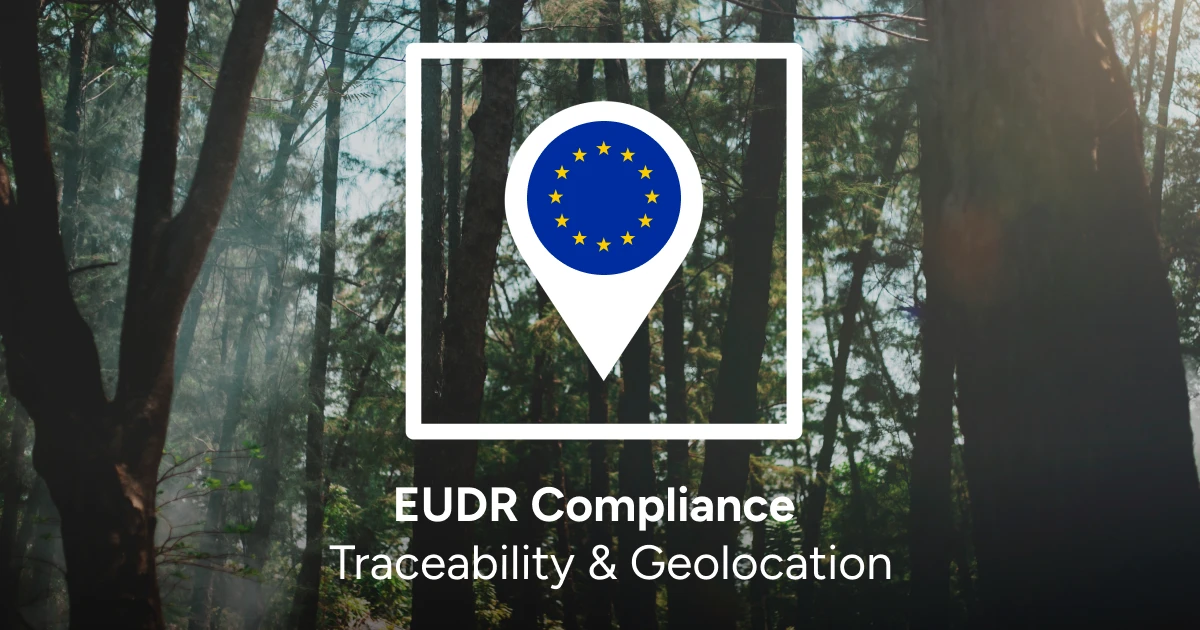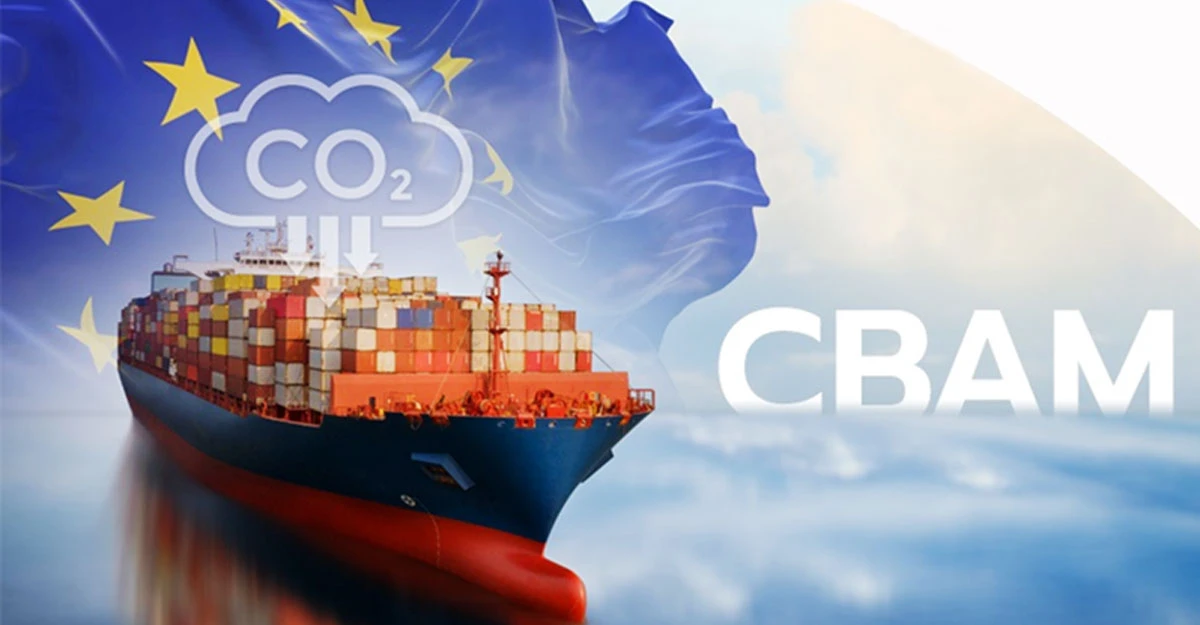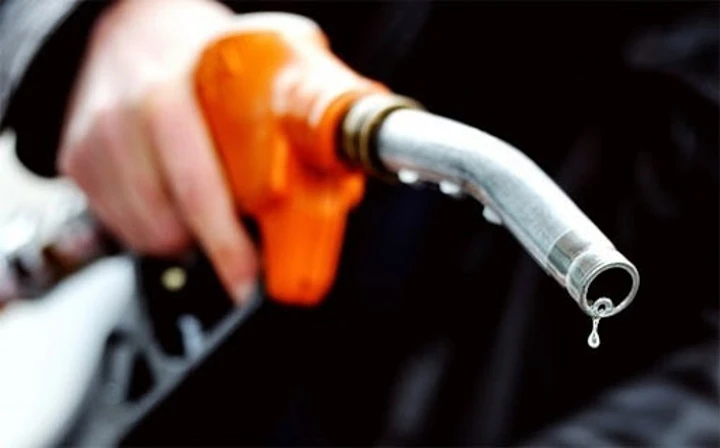


EUDR and CBAM both have been implemented - What you need to know (Part 1)
The Trade Promotion Agency (Ministry of Industry and Trade) stated that Europe is a significant import market for products related to deforestation, including 50% of the world's coffee and 60% of cocoa. Therefore, the anti-deforestation regulation aims to reduce the impact of products purchased by EU citizens on forests and forest areas worldwide. The EUDR regulation is proposed for products that have a significant impact on deforestation and some products originating from them, such as coffee, cocoa, soybeans, palm oil, livestock, wood, and wood products.
The new EU Deforestation Regulation (EUDR) takes effect from June 29, 2023. Large enterprises have until December 31, 2024, while small and medium-sized enterprises have until June 30, 2025 to prepare to meet the requirements of the EUDR.
According to the proposed EU regulation, operating companies are required to conduct assessments to ensure that only products not produced on newly deforested land are allowed into the EU market. Companies must demonstrate that goods were not produced on any deforested or degraded land after December 31, 2020.

The Carbon Border Adjustment Mechanism (CBAM) is also a new important regulation of the European Union to address climate change issues and ensure a level playing field for industries. CBAM is being piloted by the EU in a transitional phase from October 1, 2023, and will be fully implemented from 2026. During this phase, EU importers only need to report greenhouse gas emissions in imported goods without paying fees. Starting in 2026, the EU will begin to levy carbon taxes based on emission intensity during the production process.

CBAM applies a carbon price to imported goods with high emissions (including cement, aluminum, iron and steel, fertilizers, hydrogen, and electricity). This regulation aims to prevent carbon leakage and maintain the competitiveness of EU industries subject to carbon fees under the EU Emissions Trading System (ETS). Goods affected by CBAM must report total emissions, and if they exceed the sectoral cap, they will have to purchase carbon credits to offset that amount at the ETS price (each credit equivalent to 1 ton of CO2e).


